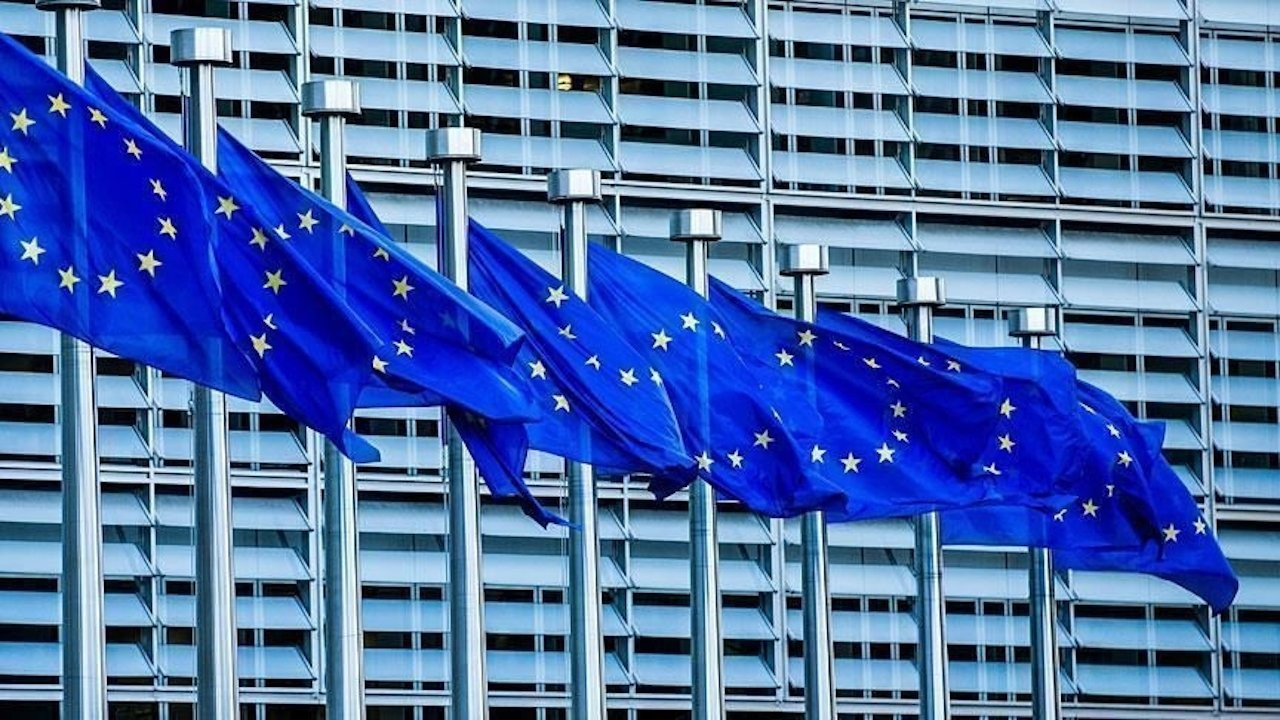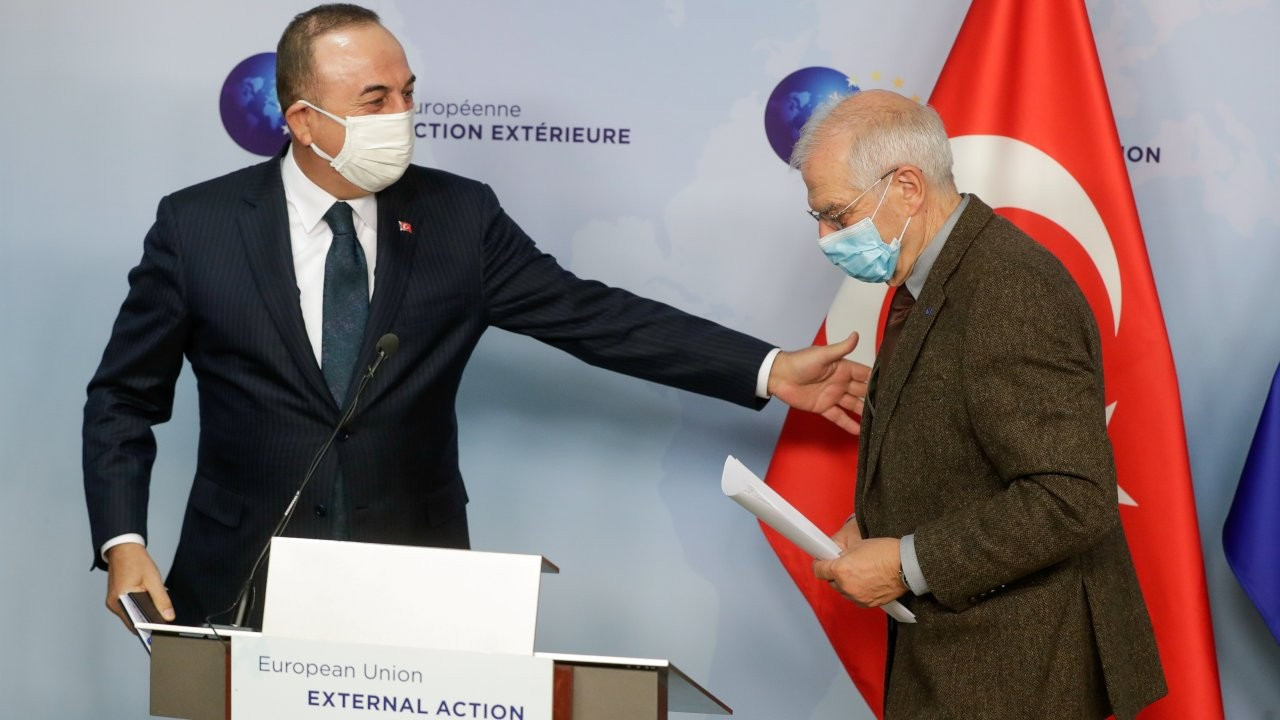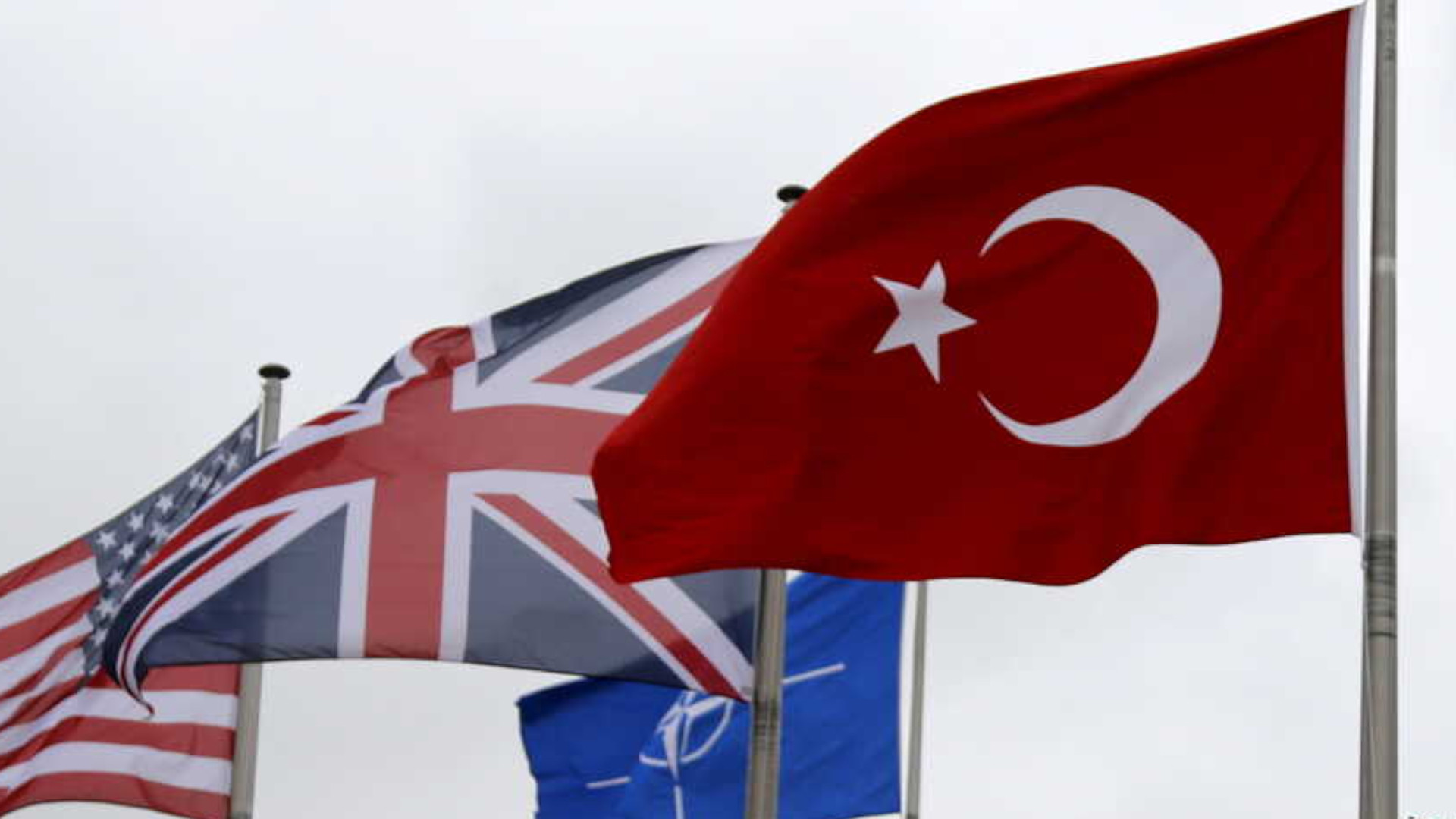Turkey and Greece resume talks on maritime disputes after five years
Ankara and Athens have resumed talks on their maritime disputes after a five-year hiatus. Both sides have voiced guarded optimism before the talks, though Ankara and Athens were still trading barbs in the days leading up to the meetings on Jan. 25.
Duvar English - Reuters
Turkey and Greece resumed talks aimed at addressing long-standing maritime disputes on Jan. 25, diplomatic sources said, after months of tension in the eastern Mediterranean.
The neighboring countries, which are both members of the NATO military alliance, made little progress in 60 rounds of talks from 2002 to 2016.
Plans for resuming discussions foundered last year over Turkey's deployment of a survey vessel in contested Mediterranean waters and disagreements over which topics to cover.
Ankara and Athens agreed this month to resume talks in Istanbul, in a test of Turkey's hopes of improving its relations with the European Union, which has supported EU-member Greece and threatened sanctions on Turkey.
Both sides have voiced guarded optimism before the talks, though Ankara and Athens were still trading barbs in the days leading up to the meetings in Istanbul.
Greek Prime Minister Kyriakos Mitsotakis said last week Greece would approach the talks with optimism but "zero naivety." Turkish President Recep Tayyip Erdoğan said he hoped the resumption of talks would herald a new era.
Despite the agreement to resume talks, Athens said on Jan. 23 it would discuss only the demarcation of exclusive economic zones and the continental shelf in the eastern Mediterranean and not issues of "national sovereignty."
Ankara has said it wants the talks to cover the same topics as in the first 60 rounds, including the demilitarization of islands in the Aegean and disagreements over air space.
It was not immediately clear what the agenda of the talks was on Jan. 25.
Turkish Foreign Minister Mevlüt Çavuşoğlu held a series of talks in Brussels last week to discuss possible future steps to maintain what he called the "positive atmosphere" between Ankara and the EU since the bloc postponed imposing sanctions on Turkey until March at a December summit.

 Turkey hopes Mediterranean talks can calm choppy waters with EUDiplomacy
Turkey hopes Mediterranean talks can calm choppy waters with EUDiplomacy EU, Turkey call for better ties after tough 2020Diplomacy
EU, Turkey call for better ties after tough 2020Diplomacy "Danse Macabre": The new era in Turkey, EU and US relationsWorld
"Danse Macabre": The new era in Turkey, EU and US relationsWorld